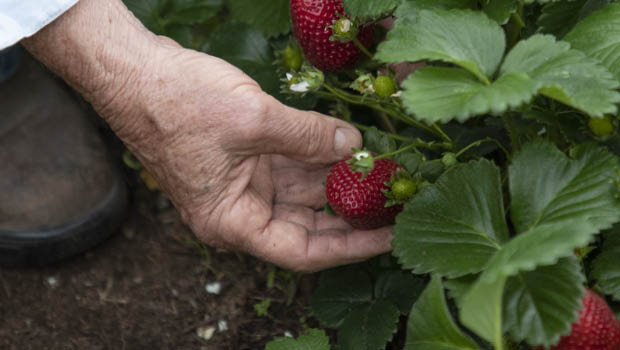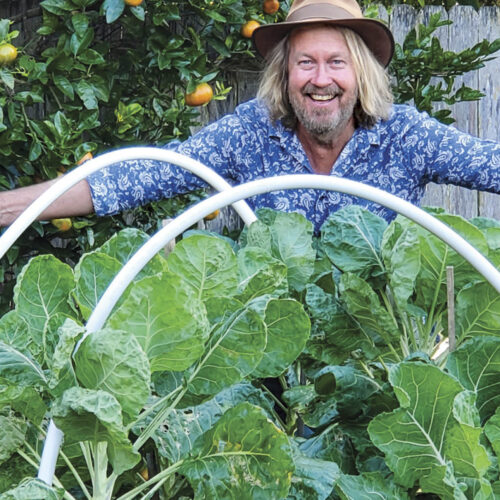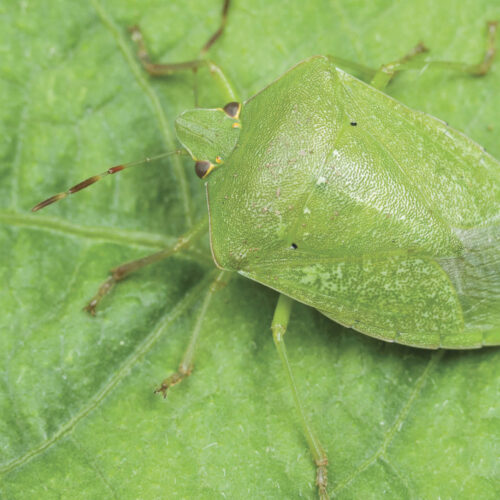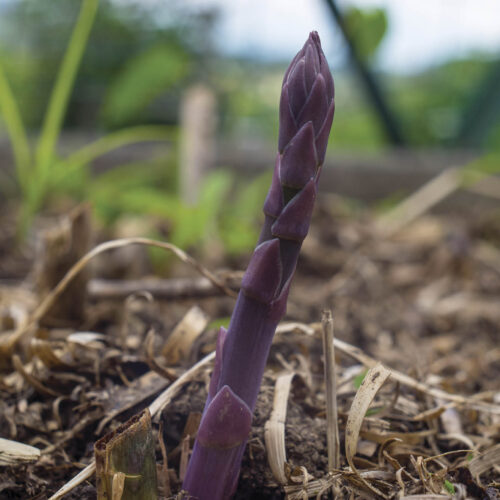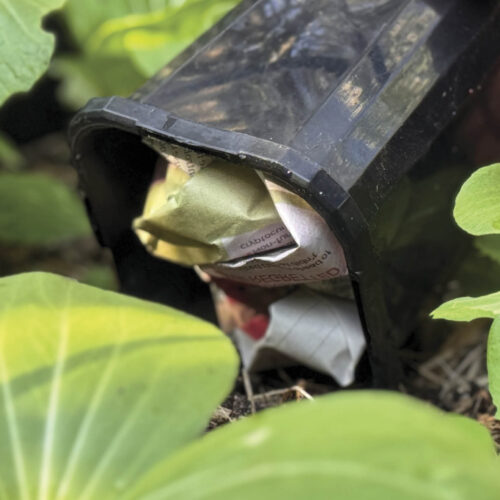How to grow chemical-free strawberries
2020-10-29T04:34:49+11:00
Strawberries are high on the list of chemically contaminated foods that we buy at a supermarket, so here's a refresher on how to grow your own strawberries organically.
Strawberries can be planted most of the year, but for peak production they are generally planted from autumn to early spring. At this time of year, though, as thoughts turn to summer desserts of strawberries and cream, it’s fine to buy well-developed potted plants and get them into the ground, or into a big pot. Here are my top tips for planting now:
Choose an open position with morning sun but shade from super-hot late-afternoon sun.
Plant into soil with added compost, worm castings and well-rotted manure. Strawberries need a slightly acid soil. For pots, buy quality organic potting mix.
When planting, make sure the crown (the top of the roots) is level with or slightly above the soil. This lessens the risk of crown rot.
Place plants 30cm apart and water with dilute seaweed extract.
Mulch the soil with with pea straw or lucerne hay. This helps to maintain moisture, adds nutrients and stops fruit from sitting on wet soil, thus reducing the chance of rot.
Water regularly using drip irrigation or by targeting soil and roots, so water doesn’t sit on leaves and fruit. This helps to reduce rot.
A week or so after planting, water with manure, compost or worm tea; or a dilute (quarter strength) complete liquid fertiliser. Just as flowers start to appear, water again with dilute seaweed. Two to three weeks later, sprinkle blood and bone, or a handful of complete pelletised fertiliser onto the soil around plants.
Always remove any dead or rotting fruit and leaves to stop fungal diseases spreading.
Protect fruit from hungry birds, possums and lizards by using fine netting over a frame, or repurpose an old bike basket or wire drawer.
Harvest when ripe, don’t wash until just before using.
There’s a number of ways we can make sure the food we grow is organic, here’s some ideas:
Getting your vegie garden started

